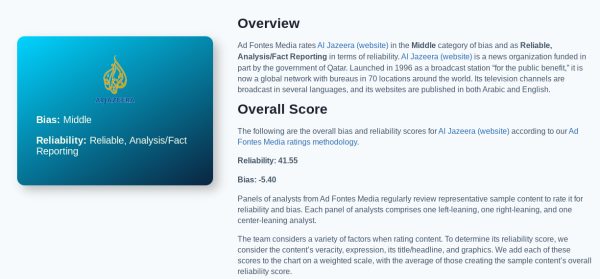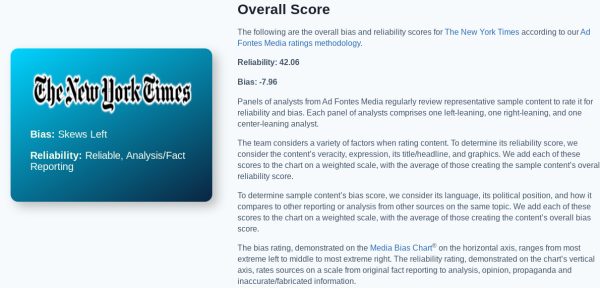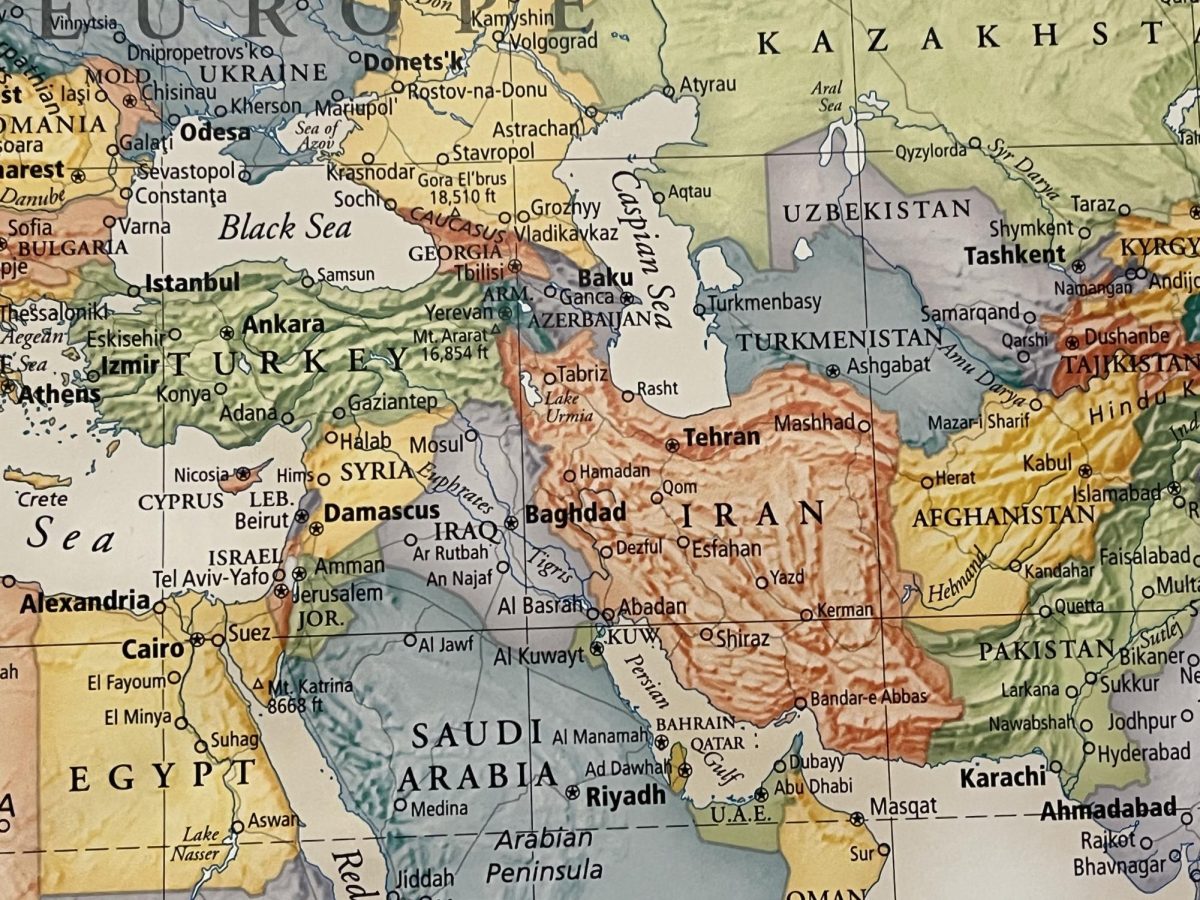On the morning of October 7th, Hamas launched a surprise military attack in Israeli occupied territory, as war was quickly declared. Thousands of rockets were launched as the attack took to land, sea, and air. The death toll exceeded 1,200 people after the attack, including Israelis and Hamas, as well as other Palestinian civilians. Since then, the death toll has exceeded 9,000 (over 40% being children). In addition, the conflict displaced around 2.3 million people people over the course of the past month. Foreign interventions are growing as the days pass. Protests break out from all sides of the world as the death toll increases day by day.
Recent events following the declaration of war
- Access to electricity, food, and water in Gaza has been taken away. Minimum communication is available.
- White Phosphorus was poured on Palestinian civilians.
- Multiple hospitals in Gaza were bombed; killing mostly children, women, and elderly.
- 500 people were killed in a hospital attack in Gaza. There is controversy regarding who planned the attack.
- Civilian convoys attempting to escape were attacked, presumably killing everyone (around 70 people).
- Gaza’s oldest Church was bombed in an Israeli airstrike killing 18 people inside.
- Israeli military and Hamas took hostages. 4 hostages were released by Hamas, but an estimated 200 remain. Other information is still unknown.
- Israel increases the intensity of airstrikes, killing an estimated 700 people on October 25th.
- Iran is rumored to have a role in the attack and threatens the Israeli government to stand down.
- The United States sends weapons and warships to assist Israel.
- The borders between Palestine and Egypt have closed, making refuge and humanitarian aid almost impossible. Some aid has been let in via the Rafah border, though not allowing fuel.
- A 6-year-old Palestinian-American boy was killed in his home in Chicago. He was stabbed 26 times. It is confirmed to be a hate crime.
- Israel bombed 2 of the main Syrian airports in Damascus and Aleppo putting them both out of service.
- More than 19,000 Lebanese people were displaced due to border clashes with Israel.
History
Here is a brief summarization of the history of the Israel and Palestine conflict:
The conflict between Palestine and Israel can be traced back to World War 1 when Arthur Balfour, the prime minister of the United Kingdom promised a Jewish owned state in Palestine (Palestine was under British rule after the fall of the Ottoman Empire). After the mandate from 1922-1947, a large Immigration of Jews into Palestine took place, the numbers peaking during Nazi persecution. The people of Palestine wanted their independence after years of colonization. In 1947, the United Nations passed a partition plan, dividing the nation of Israel and Palestine into 2 separate states.
The following months introduced the beginning of The Arab and Israeli War of 1948. 1948 marked the year of the Nakba (Arabic for “catastrophe” or ‘cataclysm”). In May of 1948, the British withdrew from Palestine, A few months later Israel annexed 50% more land than was allocated by the UN partition plan. The Palestinian Liberation Organization (PLO) was established in June of 1964. In June of 1967, The Six Day War broke out, resulting in more land claimed by Israel. The Fourth Arab-Israeli War took place in 1973, followed by a ceasefire. In September 1982, the Sabra and Shatila Massacre resulted in deaths of both Palestinian and Lebanese civilians. In 1987, the Islamic terrorist group known as Hamas was created, their goal was to free the people of Palestine through armed retaliation. In 2002 Israel launched Operation Defensive Shield in the West Bank. In 2005,
Israel ended the military occupation of Gaza. This was home to the majority of the remaining Palestinians who have not been either displaced or killed since the start of Israeli occupation. Further information can be found on the UN website and Al Jazeera .
Tensions on a global scale
The reason for this war is heavily influenced by religion. There is a long history of religious persecution from both the Jewish and Muslims, as well as Christians. However, the Palestinian-Israeli conflict is also between 2 nations with support from other countries. The Israeli military is funded by the United States. This could be because the United States needs military forces in the Middle East, since the majority of Arab countries oppose the U.S. If conflicts between the United States and a Middle Eastern country were to occur, for example, a conflict with Iran and the United States. There would be a heavily funded ally, Israel, to assist the United States. The other main reason is that Israel is one of the United States’s main partners in trade. The loss of Israel would be detrimental to the United States economy. In 2022, the goods and services trade between Israel and the U.S. totaled an estimated amount of $50 billion dollars.
For more than 75 years, the United States and its allies have benefited from the creation of Israel. Other countries, however, that have felt exploited by the United States at one or more points in history take an opposite stance. Iraq which has been the victim of multiple American atrocities during the Iraq War as well as Ireland which experienced British Colonization just as Palestine did. Countries that were attacked by Israel such as Lebanon and Syria support Palestine. These countries allow refugees and provide humanitarian aid, which at the moment is almost impossible due to the Israeli military controlling the borders. Turkey, who was one of the only Muslim countries to recognize Israel as a state, spoke against Israeli terrorism. More news from Turkey is heavily anticipated as their stance changed multiple times. Turkey is powerful in the Middle East and Europe which means their stance is very significant.
Tensions are rising and will continue to rise over the next few months or possibly years. This is not a new conflict. It has existed and has been growing for over 70 years. Until there is change, peace will continue to stray further from reality. The Israeli military is funded with the money of American citizens. Humanitarian aid is not sent past the borders, the barrage of bombs and rockets will not end. There is close to nothing the people of the United States can do to help. However, news and information is continuing to spread as more protests break out from across the world. Mass boycotts of large companies have taken place in support. We are nearing the peak of one of the largest humanitarian crises in our lifetimes. The people of the United States must break our 70-year-long silence as we should have done decades ago, our efforts are long since overdue.
News Reliability
Most information used in this article was pulled from the United Nations website as well as Al Jazeera, a news source headquartered in Qatar. Al Jazeera has won multiple awards including the prestigious Peabody Award for their coverage of the Arab Spring. in terms of news bias, Al Jazeera shows similar records as The New York Times. The New York Times, (reliability of 42.06) skews to the left in biases. Al Jazeera (reliability of 41.55) is labeled to have a middle bias. See these 2 articles for more information: New York Times reliability and Al Jazeera reliability
The 2 screenshots below show the reliability score of the 2 sources:






Asmaa • Nov 17, 2023 at 10:17 pm
Very informative and interesting article! Keep it up!
Aadilah • Nov 15, 2023 at 7:11 pm
Awesome article Aasiya!!